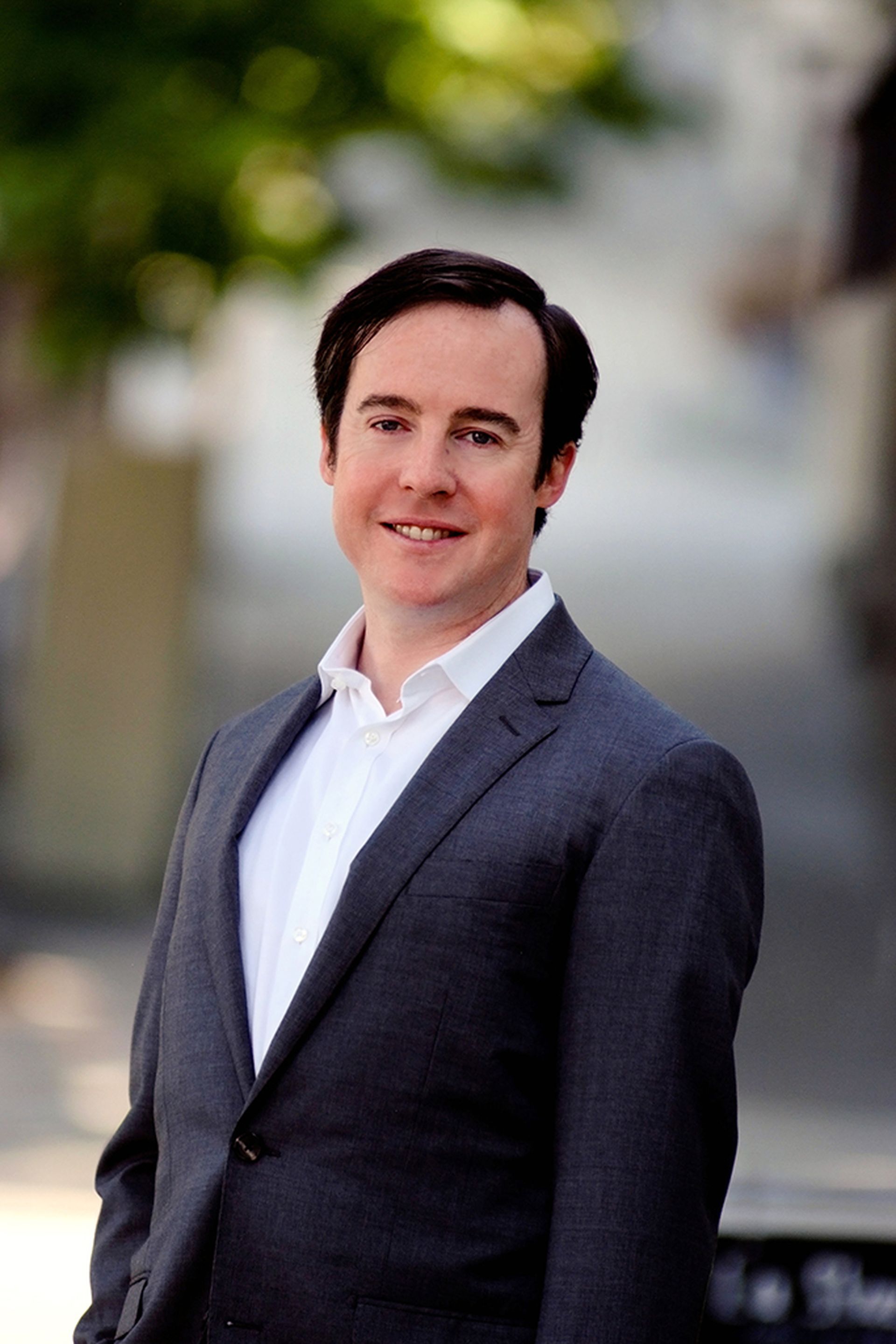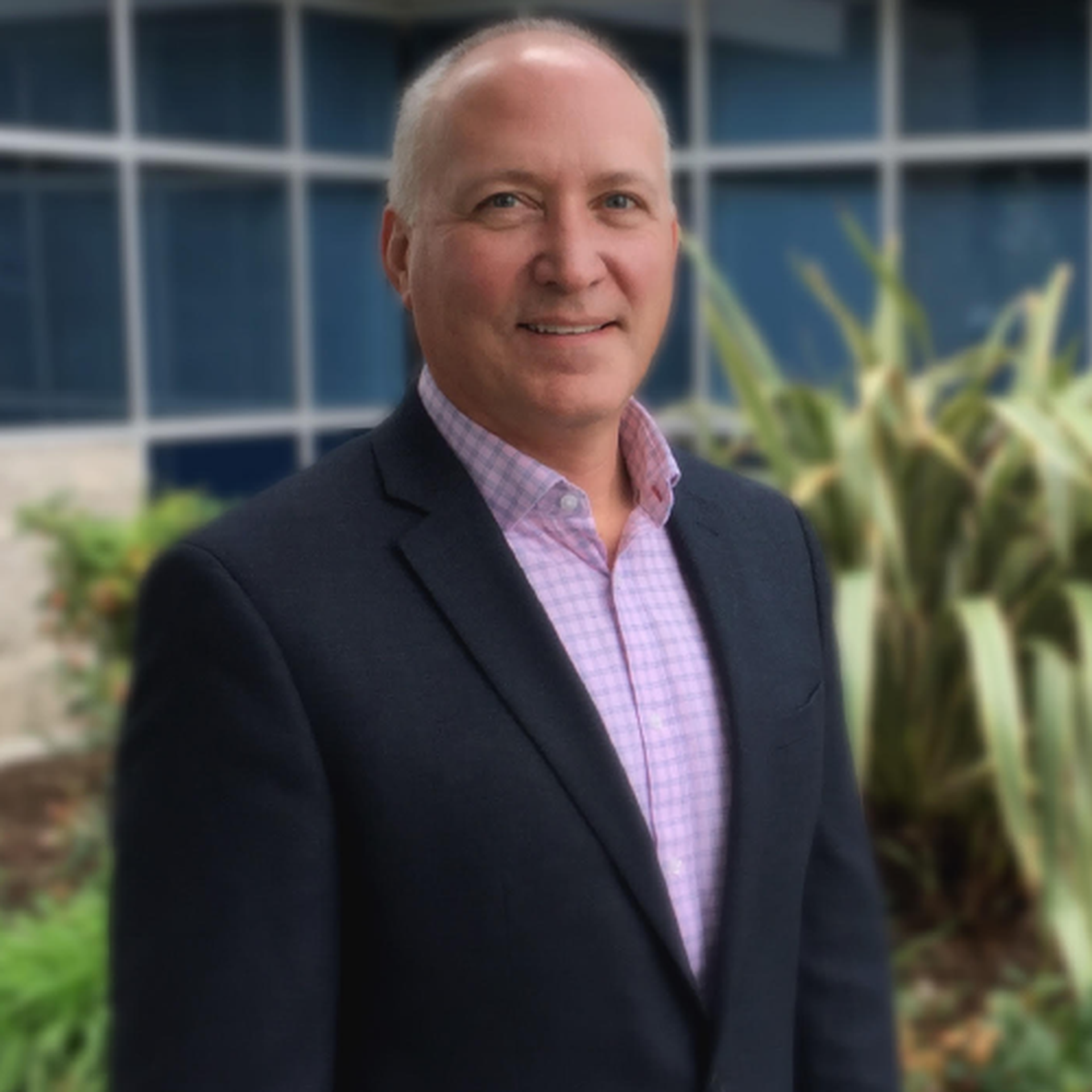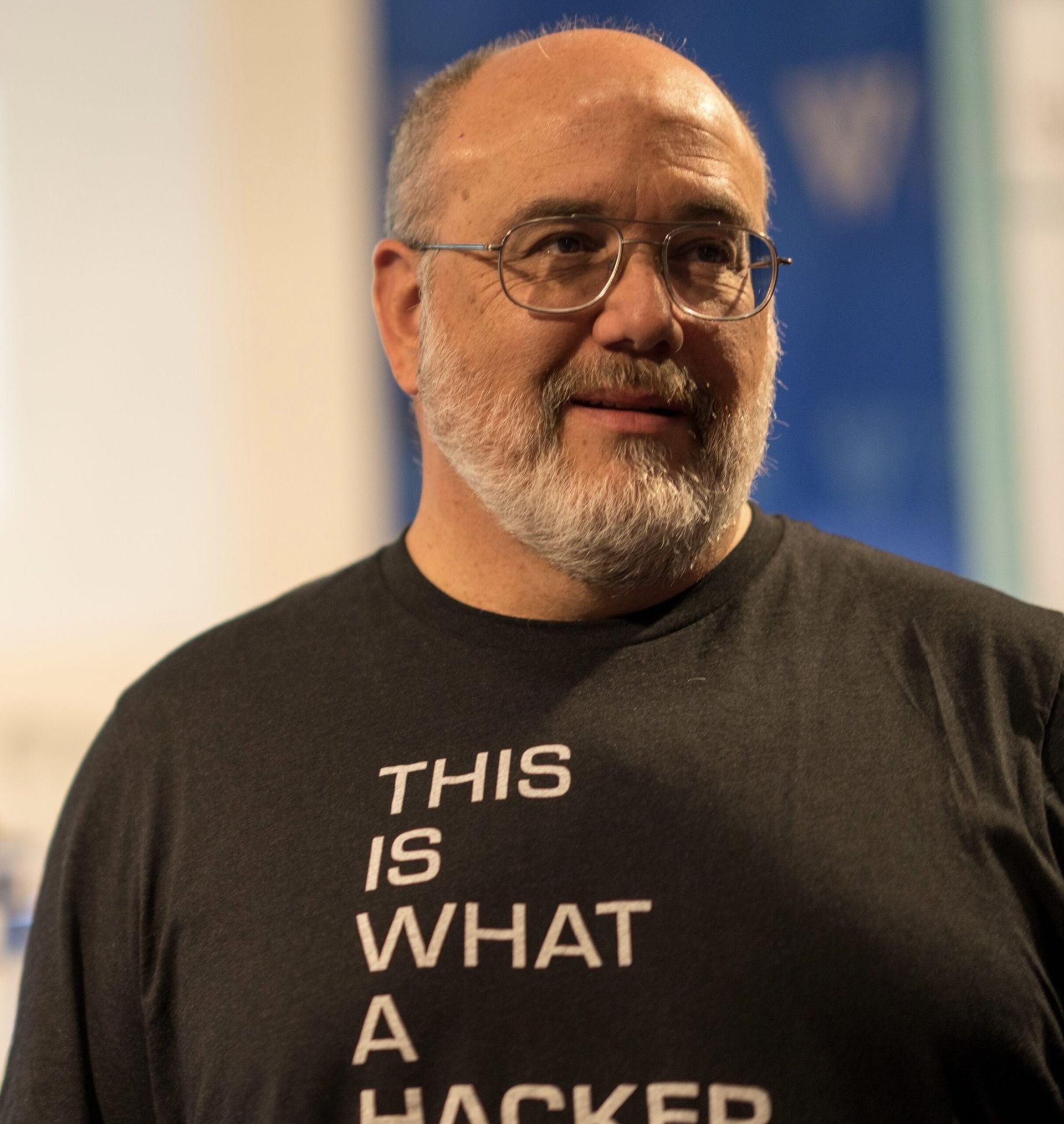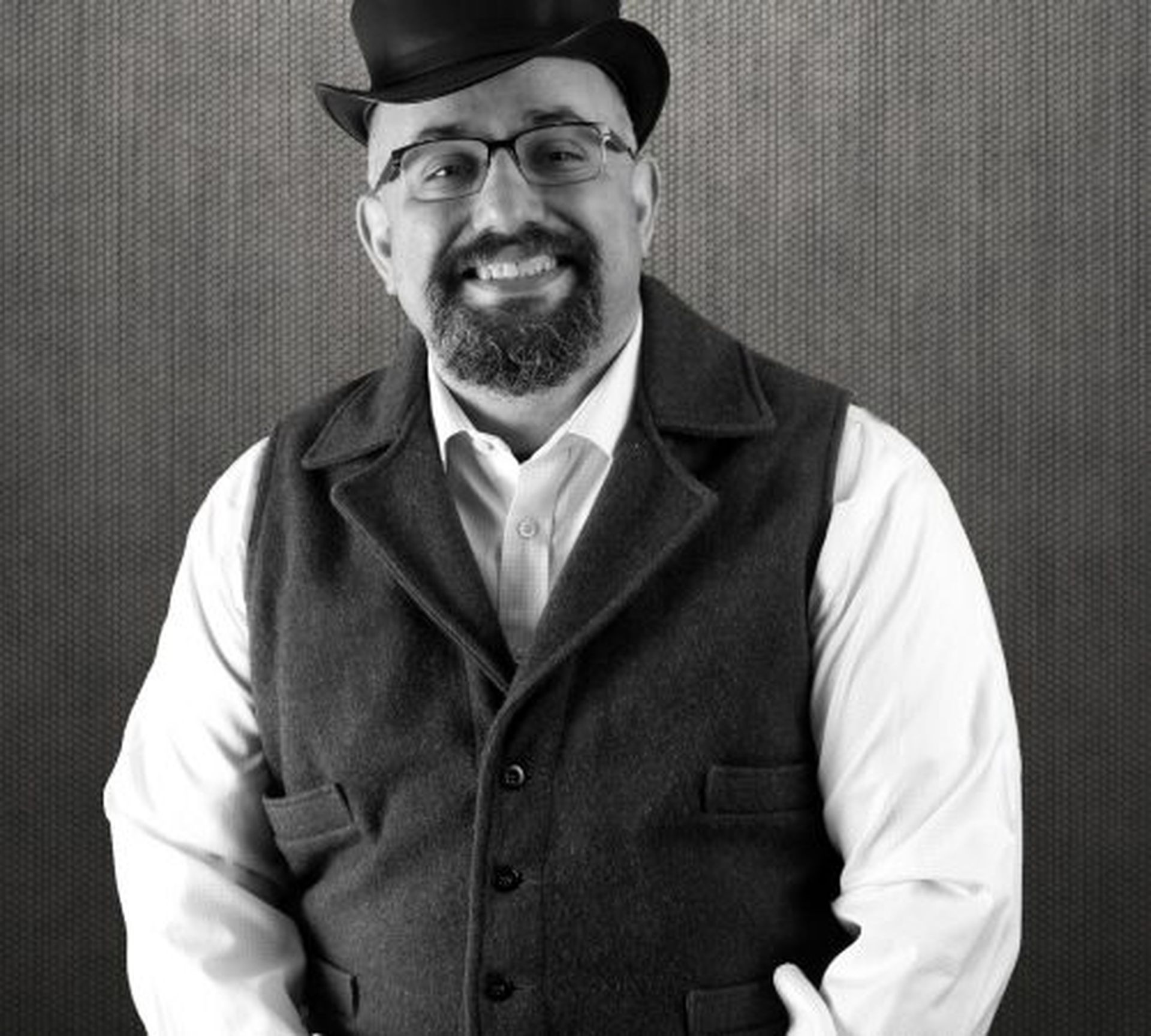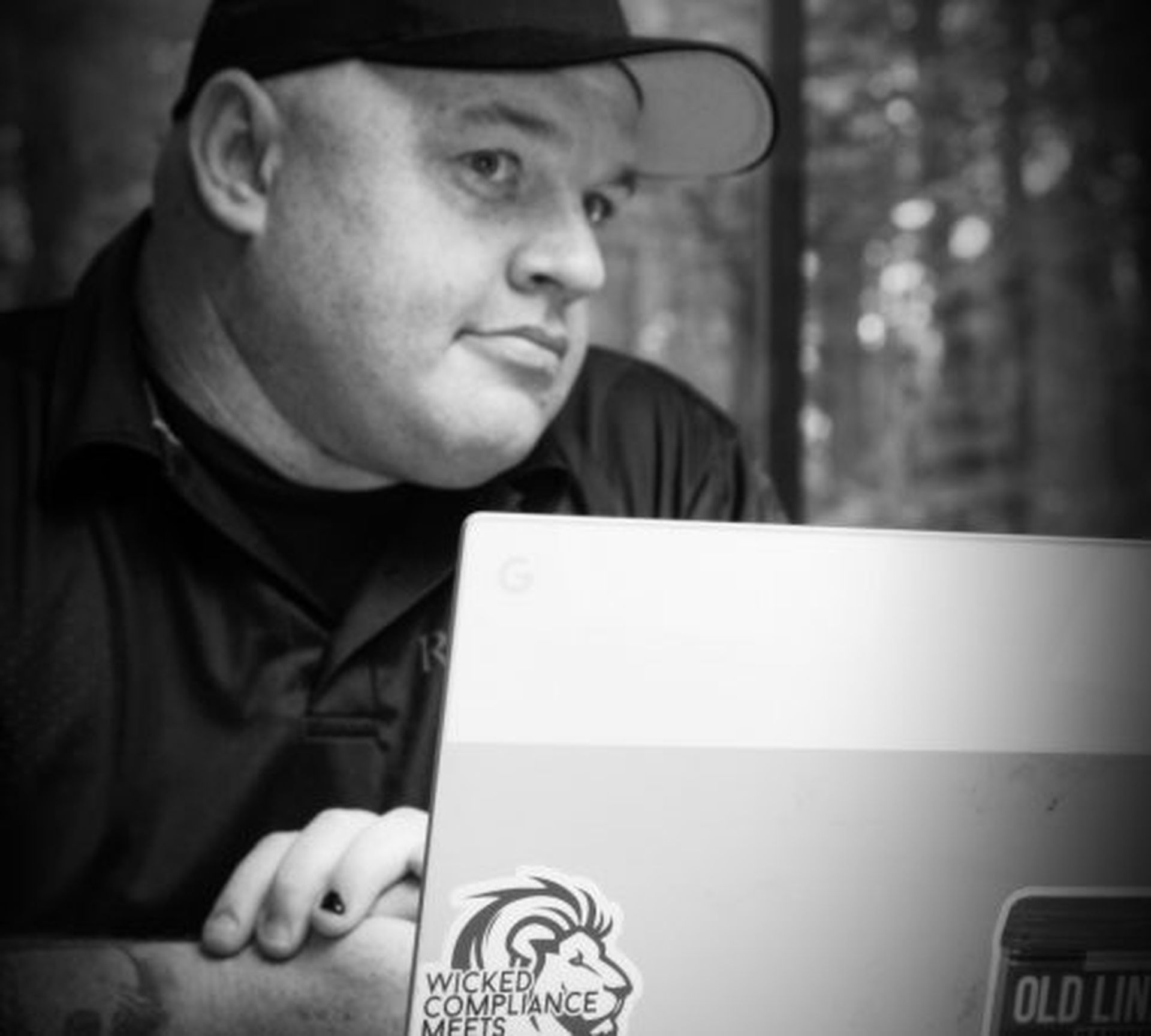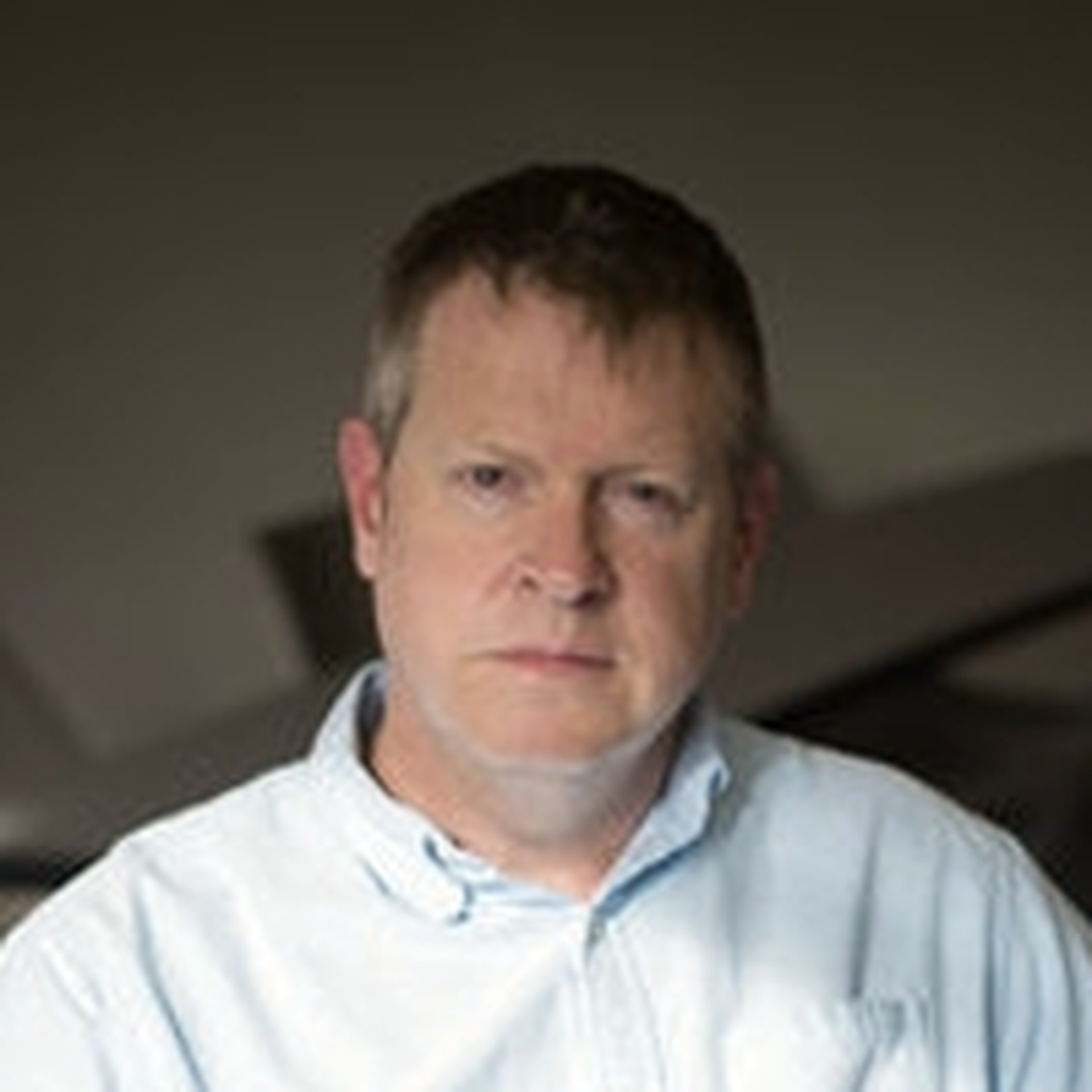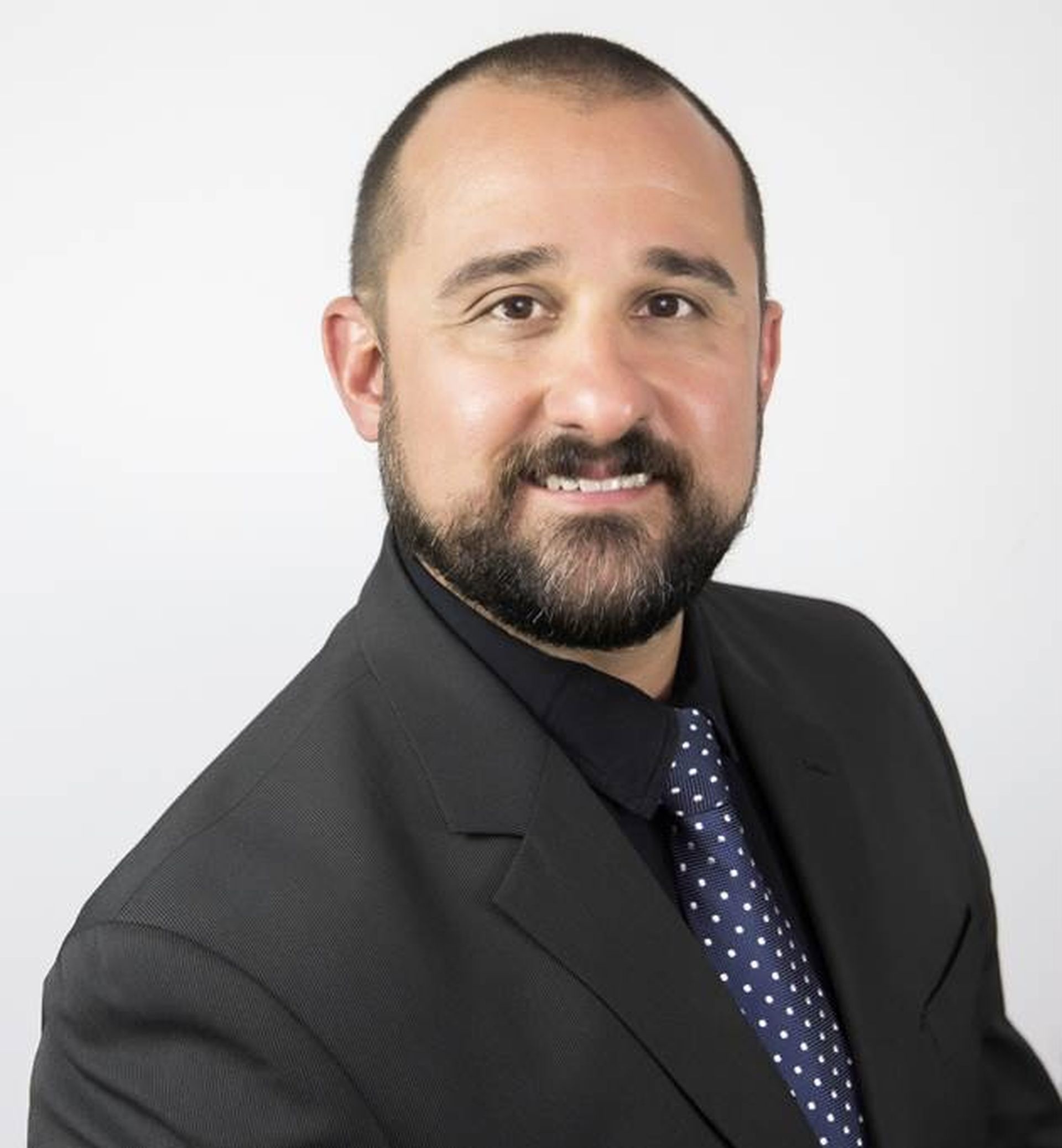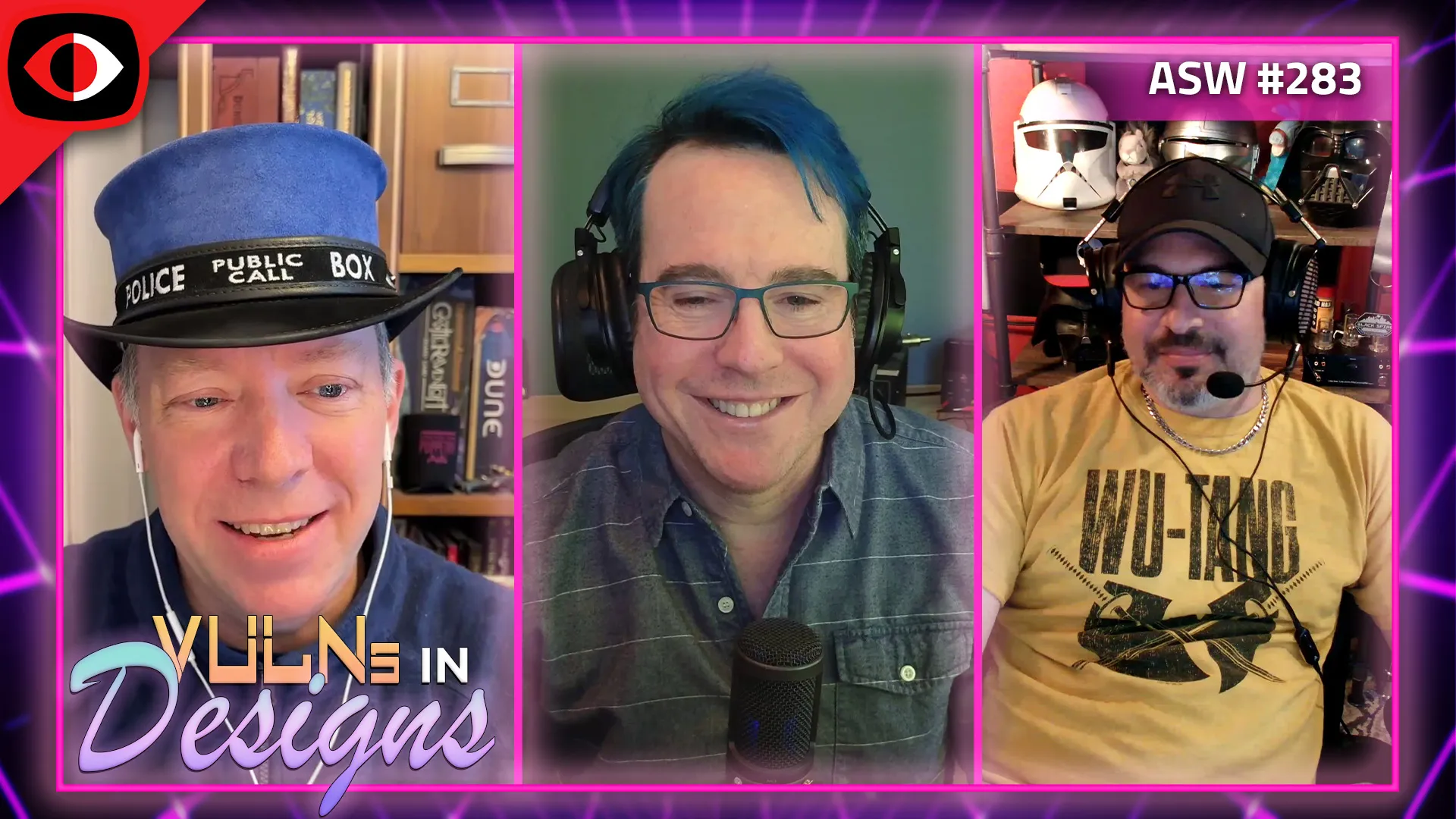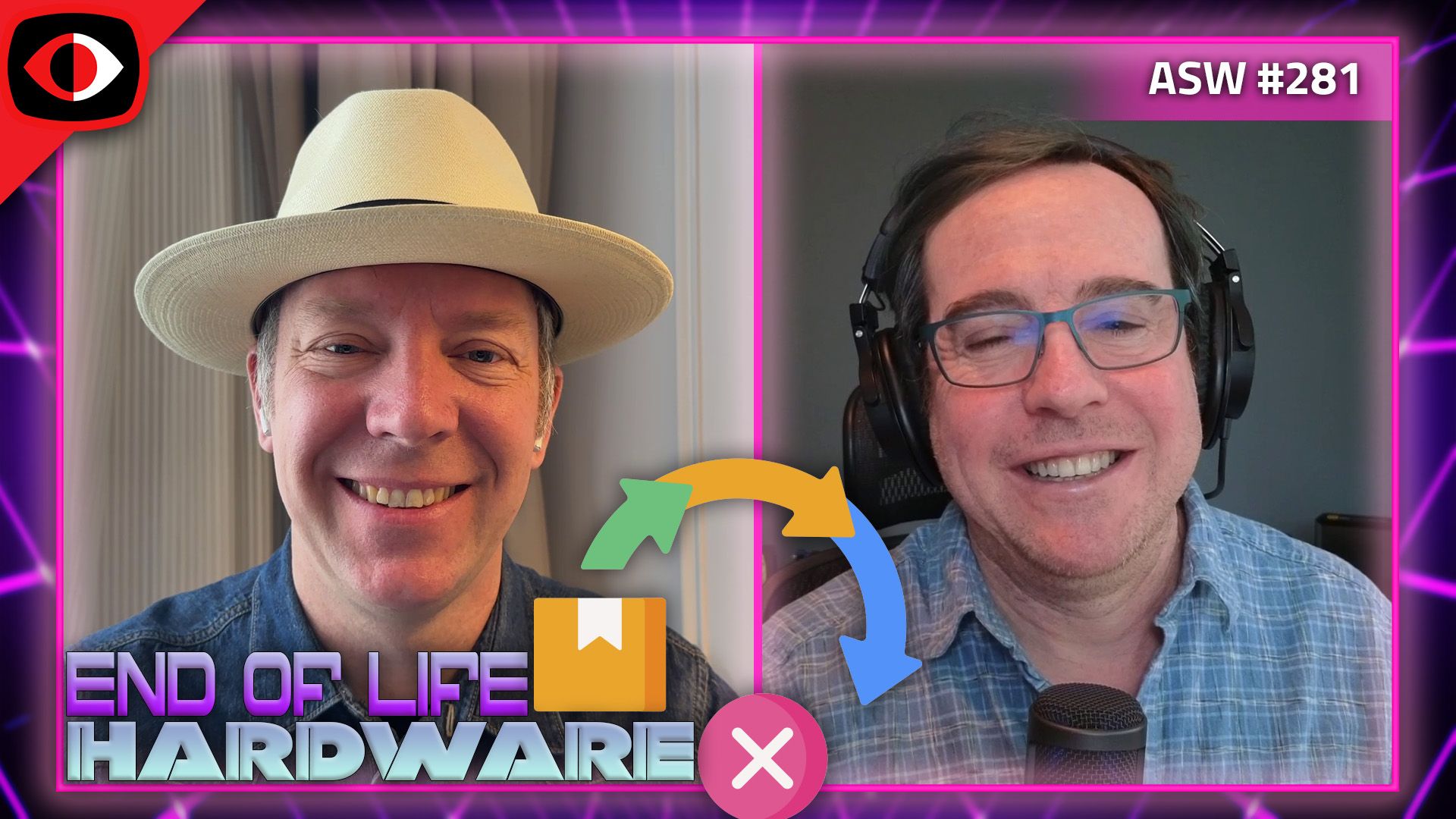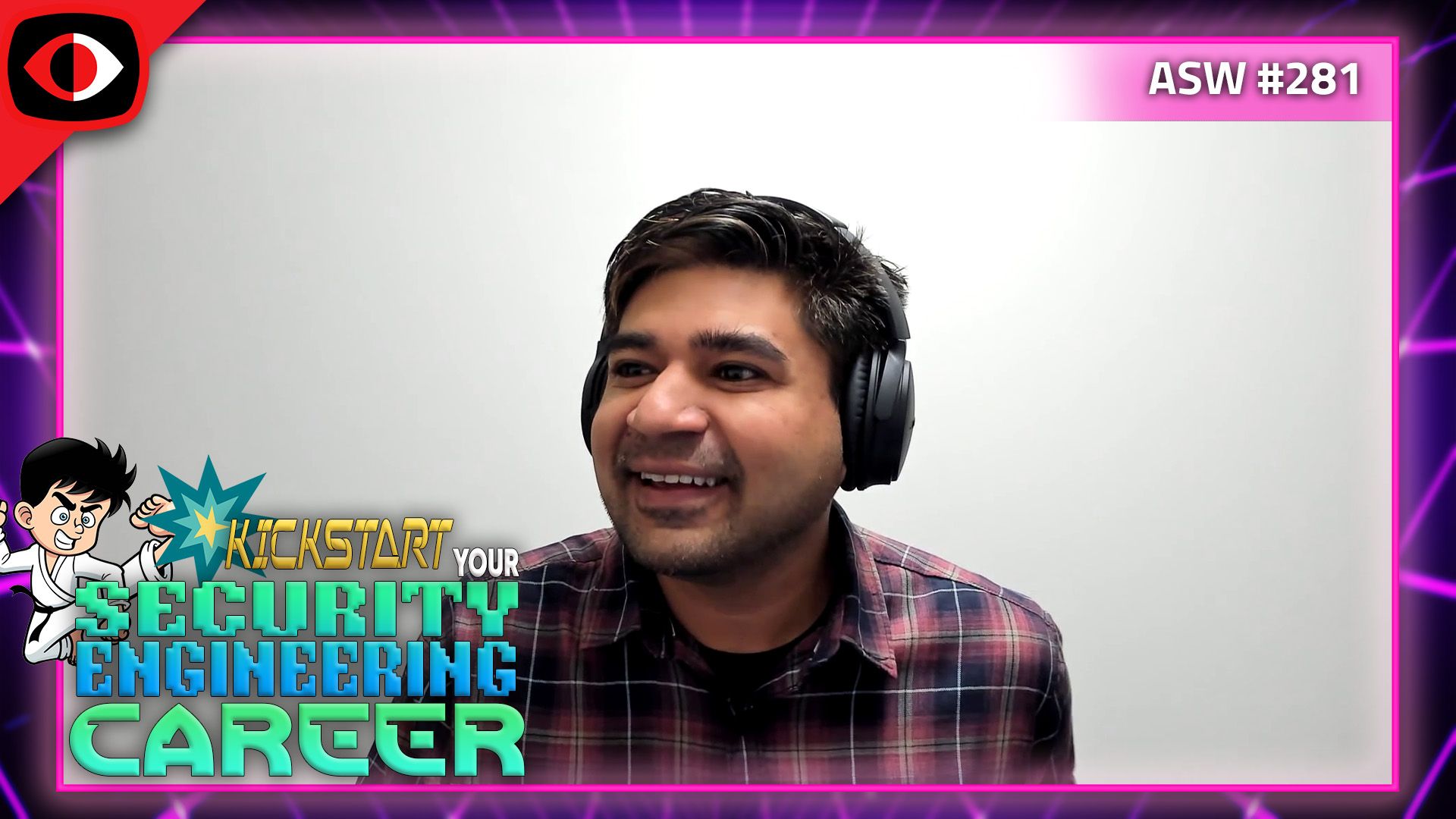Scientific Hooligans – PSW #632
Full Audio
View Show IndexSegments
1. DevOps and Securing Applications – PSW #632
- Given that DevOps is a process and its execution requires many different tools, how do we get started "doing DevOps"?
- What about DevOps allows us to produce more secure applications?
- What concepts inside of DevOps do most people lose site of?
- What are the major challenges involved in taking an application from traditional development to DevOps?
- What are some of the best approaches to making an application more resilient to threats
- To ORM or not to ORM?
- Which services do you implement yourself vs. using a cloud service?
- How do I choose the best secrets vault?
- What should I use an orchestrator for and what should I not use an orchestrator for?
- How do I build a secure API for my app?
- Thoughts on GraphQL vs. REST security implications?
Guests
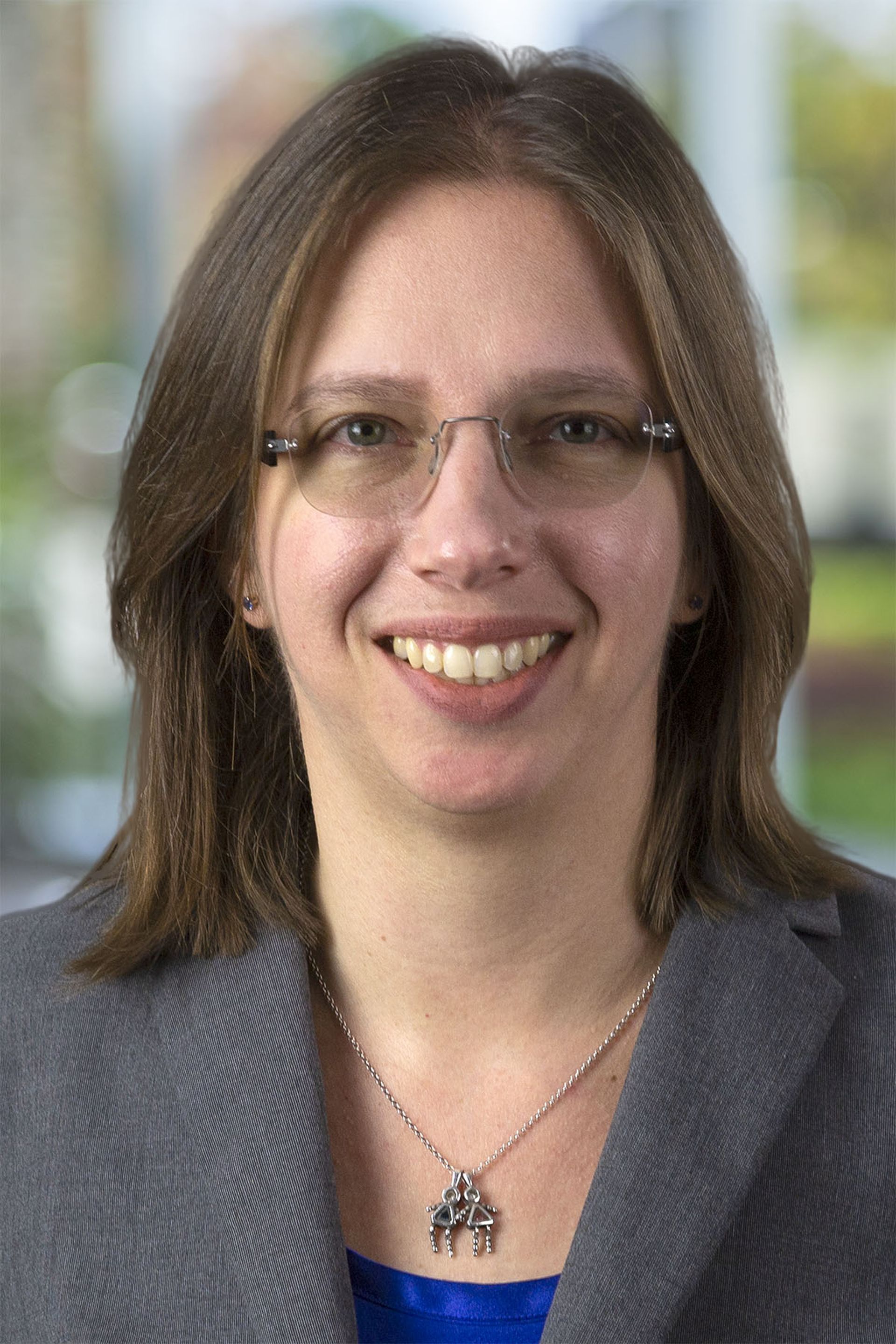
Sandy is a principal analyst at Forrester advising security and risk professionals on application security, with a particular emphasis on the collaboration among security and risk, application development, operations, and business teams. Her research covers topics such as proactive security design, security testing in the software delivery lifecycle, protection of applications in production environments, and remediation of hardware and software flaws.
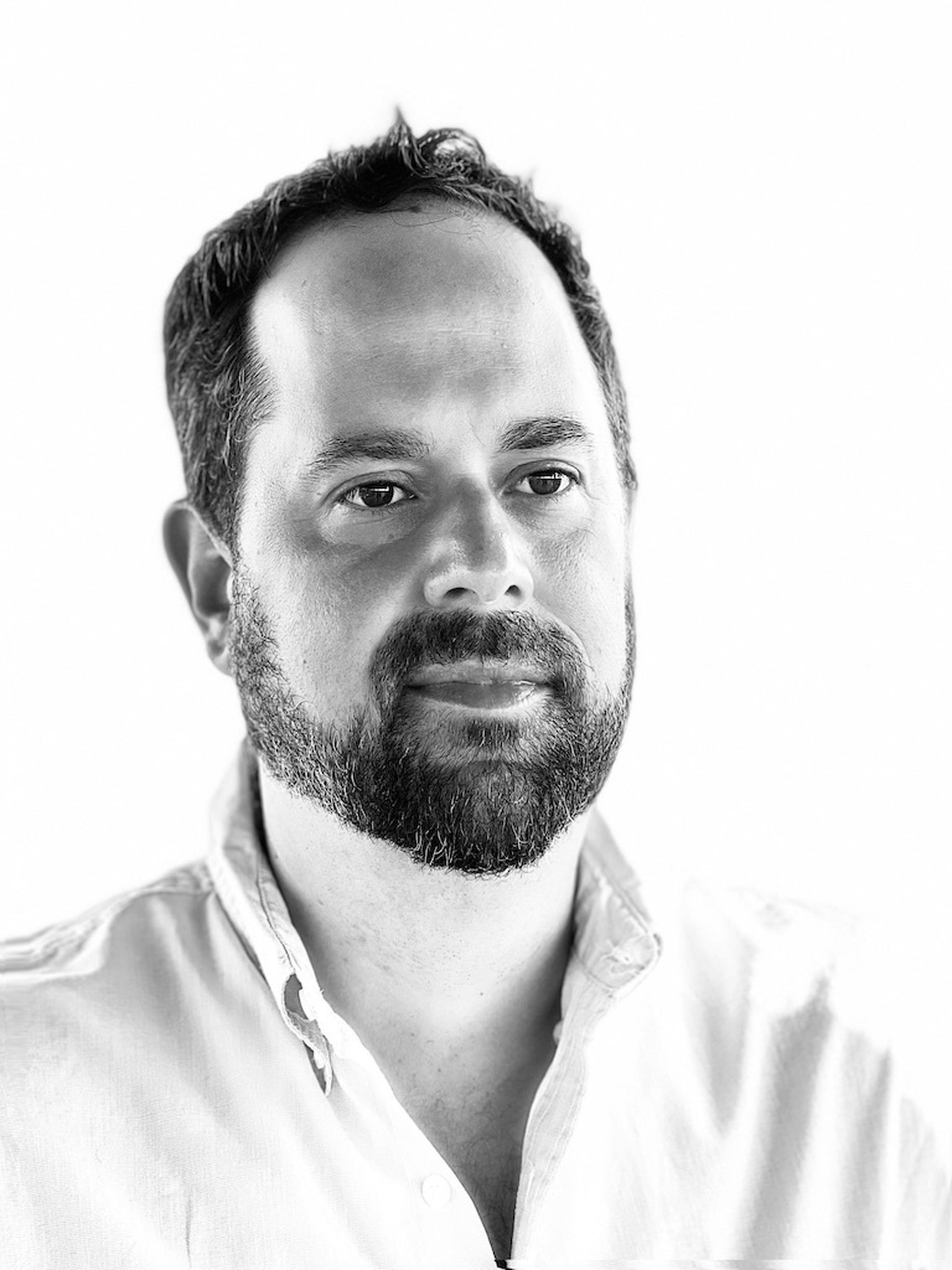
Frank Catucci is a global application security technical leader with over 20 years of experience, designing scalable application security specific architecture, partnering with cross-functional engineering and product teams. Frank is a past OWASP Chapter President and contributor to the OWASP bug bounty initiative and most recently was the Head of Application & Product Security at Data Robot. Prior to that role, Frank was the Sr. Director of Application Security & DevSecOps and Security Researcher at Gartner, and was also the Director of Application Security for Qualys. Outside of work and hacking things, Frank and his wife maintain a family farm. He is an avid outdoors fan and loves all types of fishing, boating, watersports, hiking, camping and especially dirt bikes and motorcycles.
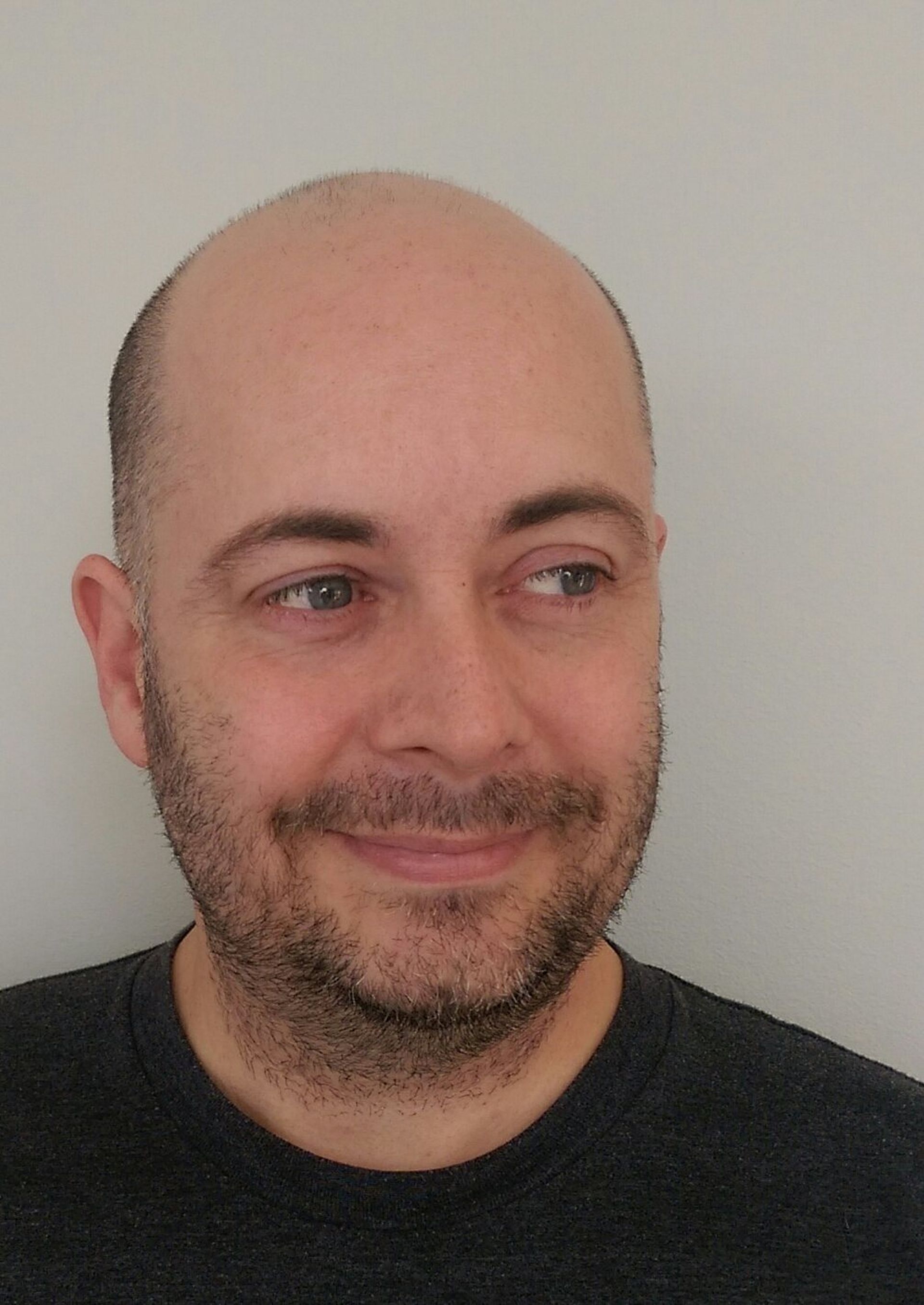
For over the last 20 years, Jason has been ethically peering into Client Behavior, Wireless Networks, Web Applications, APIs and Cloud Systems, helping organizations secure their assets and intellectual property from unauthorized access. As a consultant he’s taken hundreds of organizations through difficult compliance mine fields, ensuring their safety. As a researcher he has found flaws in consumer IoT systems and assisted in hardening them against external attacks. At Cequence Security Jason does research, community outreach and supports efforts in identifying Automated Attacks against Web, Mobile, and API-based Applications to keep Cequence’s customers safe.
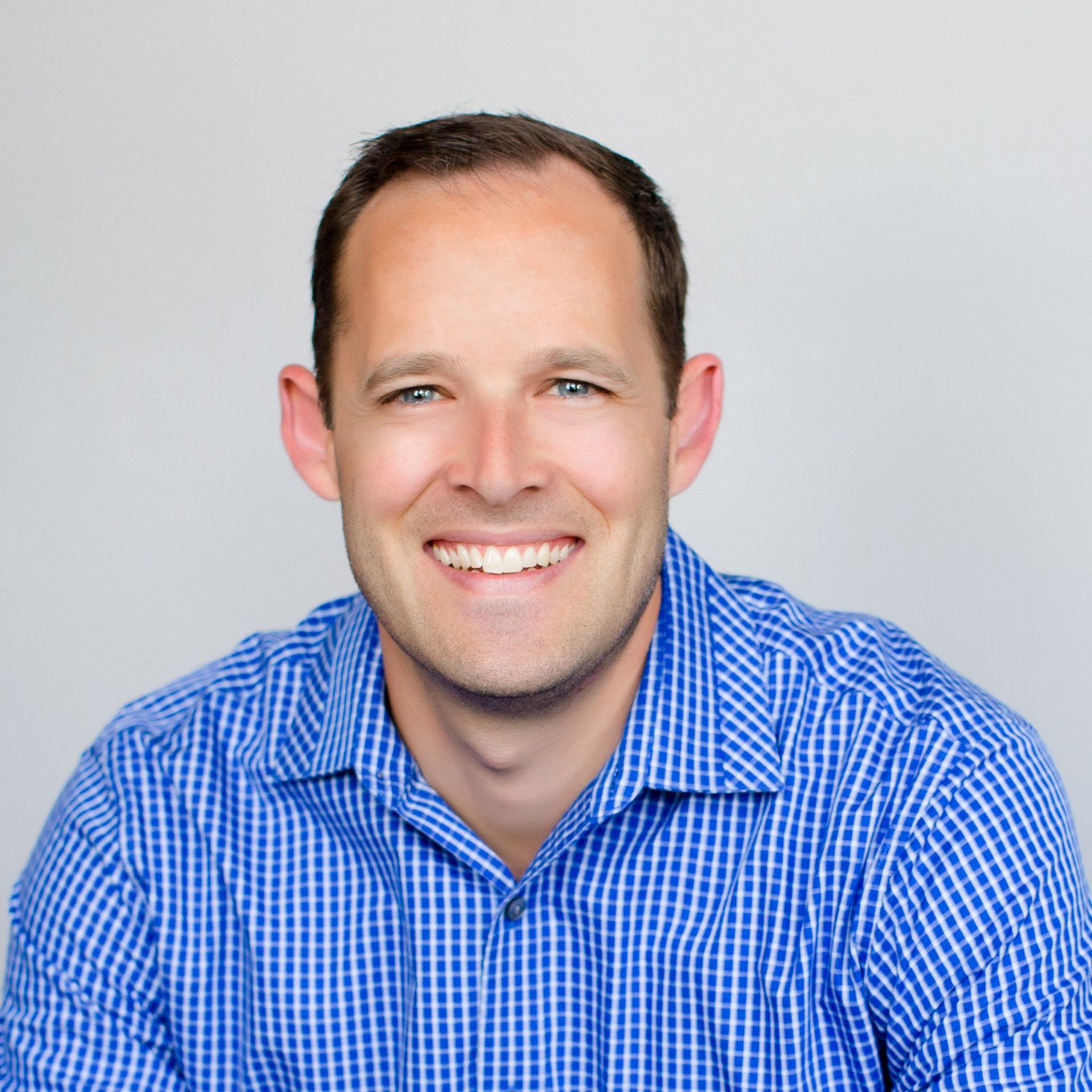
Eric is co-founder and Principal Security Engineer at Puma Security focusing on cloud security, static code analysis, and DevSecOps automation. His experience includes performing cloud security reviews, infrastructure as code automation, application security automation, web and mobile application penetration testing, secure development lifecycle consulting, and secure code review assessments. Eric is also a Principal Instructor with the SANS Institute where he authors information security courses on cloud security, DevSecOps automation, secure coding, and defending mobile apps. He delivers security training for SANS around the world, and presents security research at conferences including SANS, BlackHat, OWASP, BSides, RSA, DevOpsDays, and ISSA.
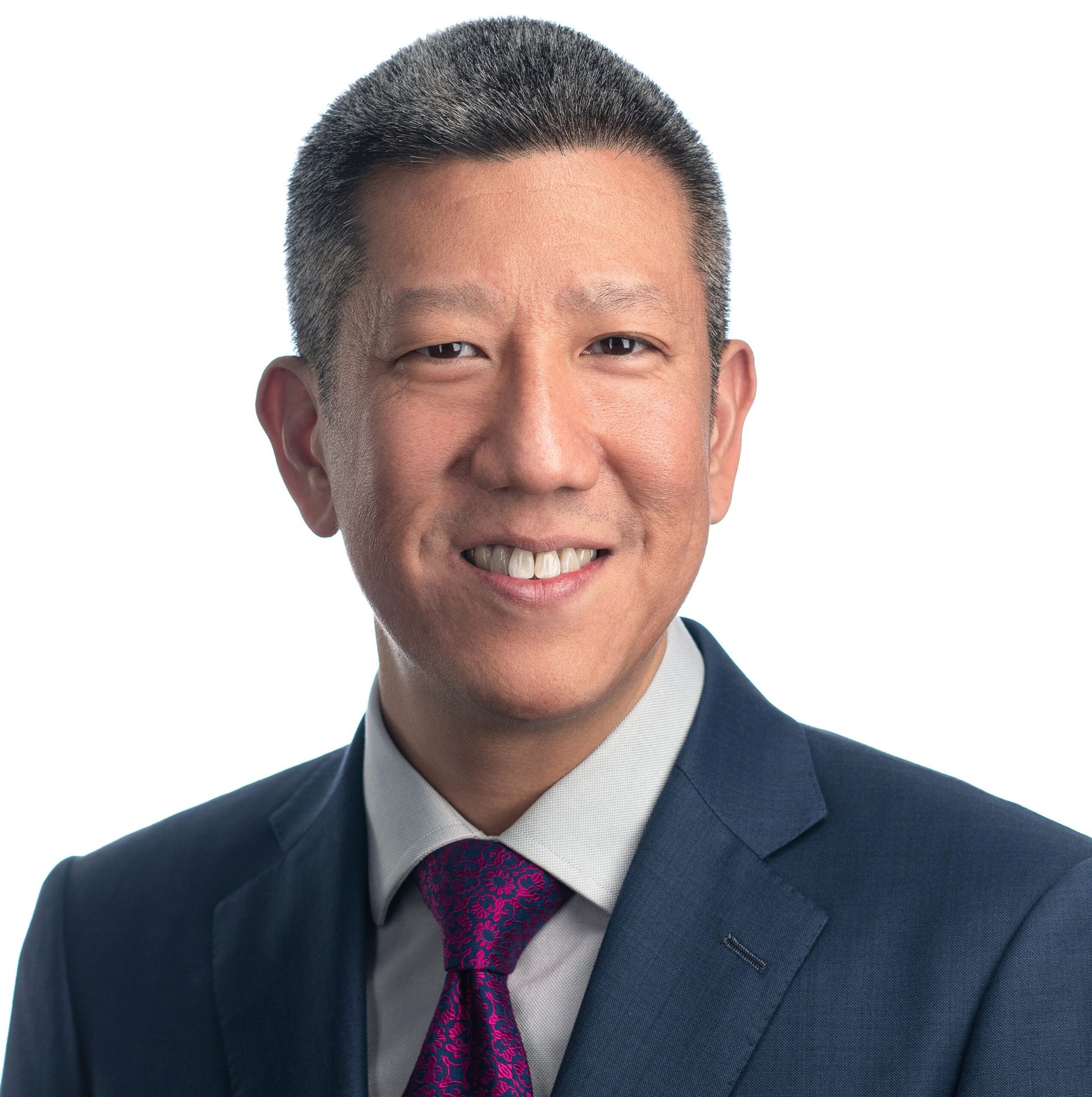
Chris Eng is Chief Research Officer at Veracode. A founding member of the Veracode team, he is responsible for all research initiatives including applied research and product security, as well as advising on product strategy and M&A. Chris is a frequent speaker at industry conferences and serves on the review board for Black Hat USA. He is also a charter member of MITRE’s CWE/CAPEC Board. Bloomberg, Fox Business, CBS, and other prominent media outlets have featured Chris in their coverage. Previously, Chris was technical director at Symantec (formerly @stake) and an engineer at the National Security Agency. Chris holds a B.S. in Electrical Engineering and Computer Science from the University of California.
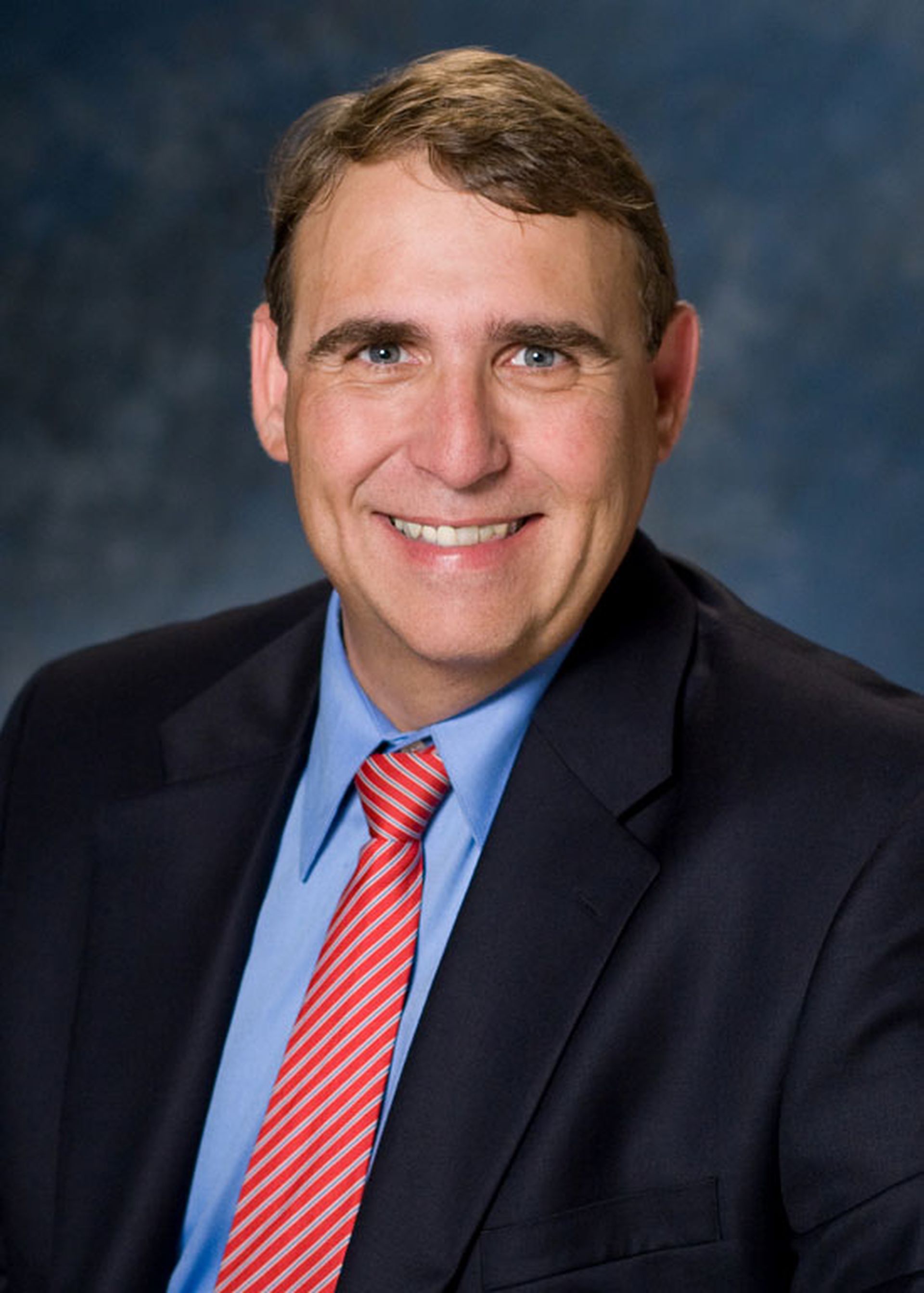
As a technology leader with wide-ranging experience over 24 years at ADP, instilling entrepreneurial dynamism into product development has been a constant theme of my career. ADP is a world-class provider of solutions. My efforts delivered the technical vision and direction for dozens of products addressing complex business needs with well-designed simplicity. This set me up well to transition to helping other companies solve difficult problems… My value comes from knowing what to do to bring a product to life with minimal risk and maximum benefit to customers and the bottom line. I’ve seen just about every business, project, and technology situation, and can look at an idea from both big picture and detail perspectives to ensure a product’s success. Much of my work focuses on the people side of technology. I thrive on shaping great teams and cultures needed for breakthrough innovation, and on being an evangelist – I love to share knowledge about new products, practices, and technologies to help emerging companies punch above their weight and achieve their business goals through technology.
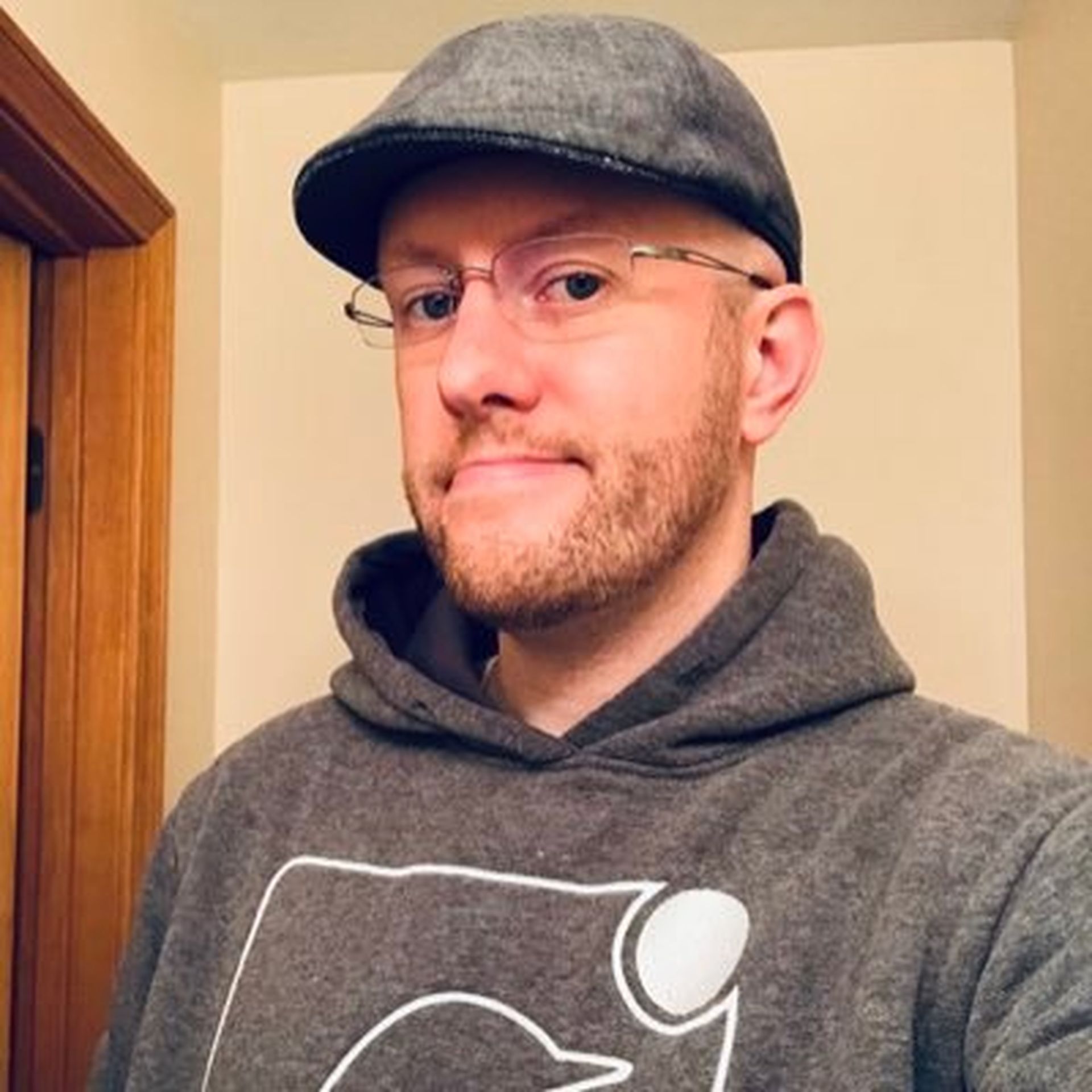
Keith Hoodlet is an early pioneer of AI bias bounty hunting, with an Offensive Security Certified Professional (OSCP) designation and years of experience building DevSecOps programs in Fortune 100 enterprise organizations. His collegiate education in both Computer Science and Psychology has afforded him unique insights for this historic moment as companies seek to safely and securely deploy Artificial Intelligence (AI) technologies at scale.
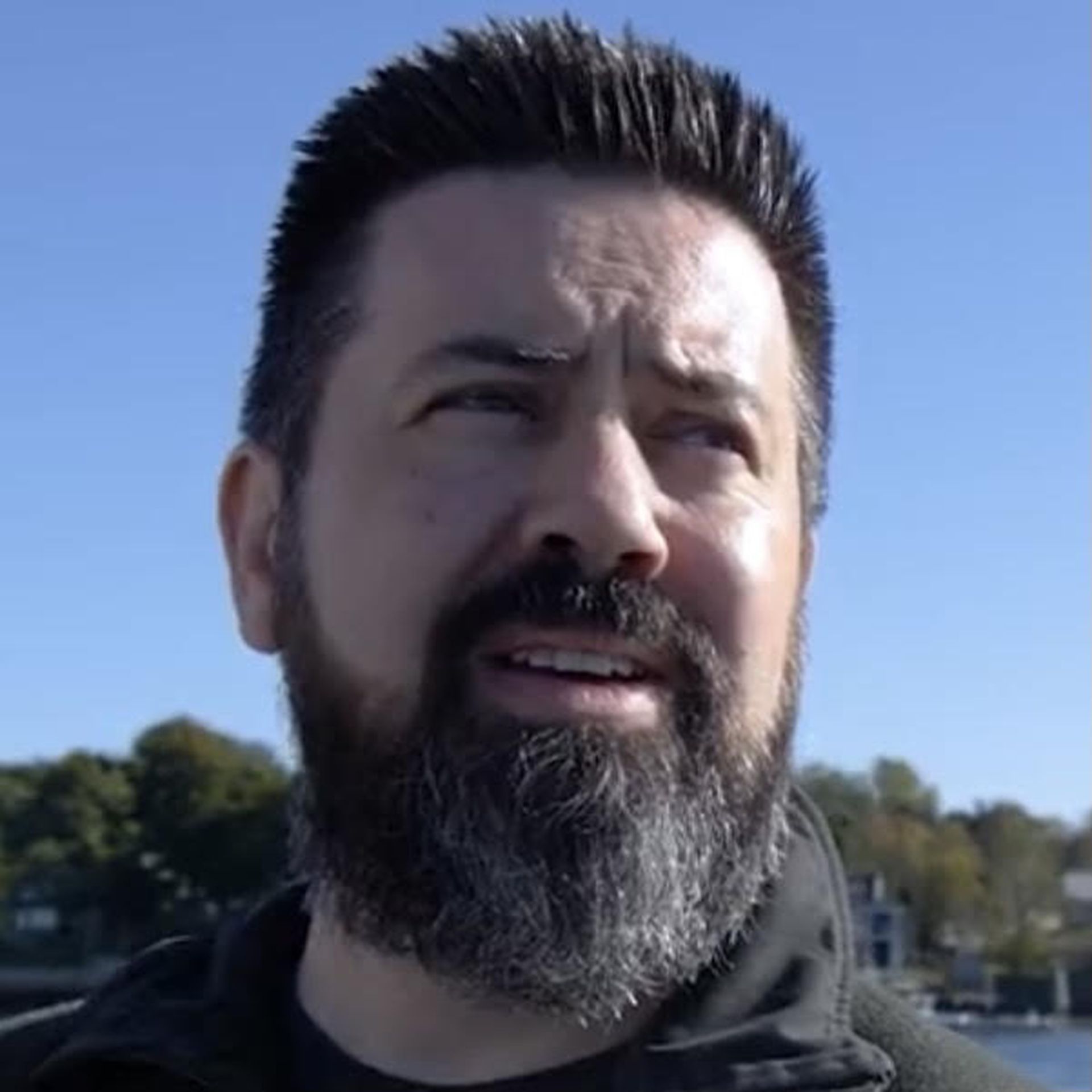
Joshua Corman is a Founder of I am The Cavalry (dot org), and recently served as Chief Strategist for the CISA COVID Task Force. He previously served as CSO for PTC, Director of the Cyber Statecraft Initiative for the Atlantic Council, CTO for Sonatype, and other senior roles. He co-founded RuggedSoftware and IamTheCavalry to encourage new security approaches in response to the world’s increasing dependence on digital infrastructure. His unique approach to security in the context of human factors, adversary motivations, and social impact has helped position him as one of the most trusted names in security. He also serves as an Adjunct Faculty for Carnegie Mellon’s Heinz College, and was a member of the Congressional Task Force for Healthcare Industry Cybersecurity.
Hosts
2. Security vs. Compliance – PSW #632
It was once said that if Security and Compliance were in a relationship the status would be "It's Complicated". This discussion will aim to help you understand this relationship and how it can be beneficial or a mere distraction to an organization's overall security posture.
- Define "Secure" and "Compliant".
- Does compliance merely raise awareness about security shortcomings?
- What is the relationship between Security and Compliance?
- Being Secure and being Compliant are mere points in time, how can we best develop a process to ensure we are always striving to a secure and compliant state?
- How does Security impact and/or influence Compliance?
- How does Compliance impact and/or influence Security?
- How do you balance these extremes: "We will be Secure and ignore compliance" vs. "We will be compliant but ignore security"
Guests
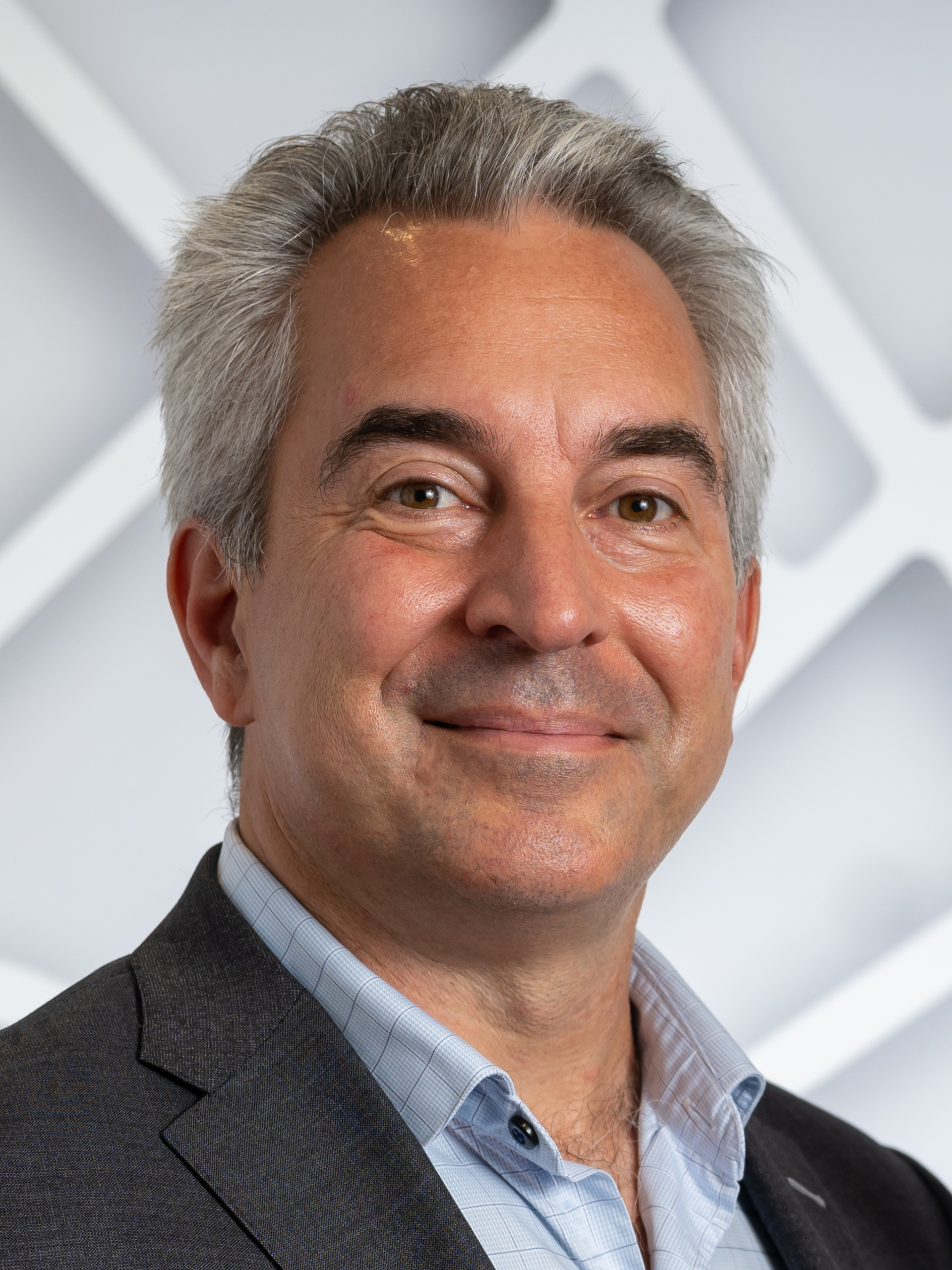
Since 2017, GTA has invested in dozens of cyber start-ups and funds and supported multiple cyber nonprofits and projects. Ron has served on the Board of Directors for a number of GTA’s portfolio companies and has been a steadfast mentor and advisor to many founders. Ron has also supported a variety of cyber nonprofits and think tanks, with both his substantive expertise and through philanthropic funding.
From 2002 to 2016, Ron was the co-founder and CEO of Tenable Network Security. Under Ron’s leadership, Tenable grew to 20,000 customers, raised $300m in venture capital, and grew revenues to $100 million annually; this positioned the company for a successful IPO in 2018, where it was valued at $3 billion.
Prior to founding Tenable, Ron was a cyber industry pioneer. Ron developed Dragon, one of the first commercial network intrusion detection systems, and he also ran risk mitigation for one of the first cloud companies. While serving as a US Air Force officer, Ron deployed network honeypots in the mid 90s for the US Defense Department (DOD) and served as a penetration tester at the National Security Agency (NSA), participating in some of the nation’s first cyber exercises.
For these efforts, Ron received in 2020 both the Northern Virginia Technology Council Cyber Investor of the Year award and the Baltimore Business Journal Power 10 CEO award.

Wendy Nather is Director of Strategic Engagements at Cisco. She was previously Research Director at the Retail ISAC, where she was responsible for advancing the state of resources and knowledge to help organizations defend their infrastructure from attackers. Wendy was also Research Director of the Information Security Practice at independent analyst firm 451 Research, covering the security industry in areas such as application security, threat intelligence, security services, and other emerging technologies.
Wendy has served as a CISO in both the private and public sectors. She led IT security for the EMEA region of the investment banking division of Swiss Bank Corporation (now UBS), as well as for the Texas Education Agency. Wendy is co-author of The Cloud Security Rules, and was listed as one of SC Magazine’s Women in IT Security “Power Players” in 2014, as well as an “Influencer” in the Reboot Leadership Awards in 2018; she was inducted into the Infosecurity Europe Hall of Fame in 2021. She serves on the board of directors for Sightline Security, an organization that helps provide free security assessment services to nonprofit groups. Wendy is a Senior Fellow at the Atlantic Council’s Cyber Statecraft Initiative, and a steering committee member for the IST Ransomware Task Force. She is based in Fort Collins, Colorado.
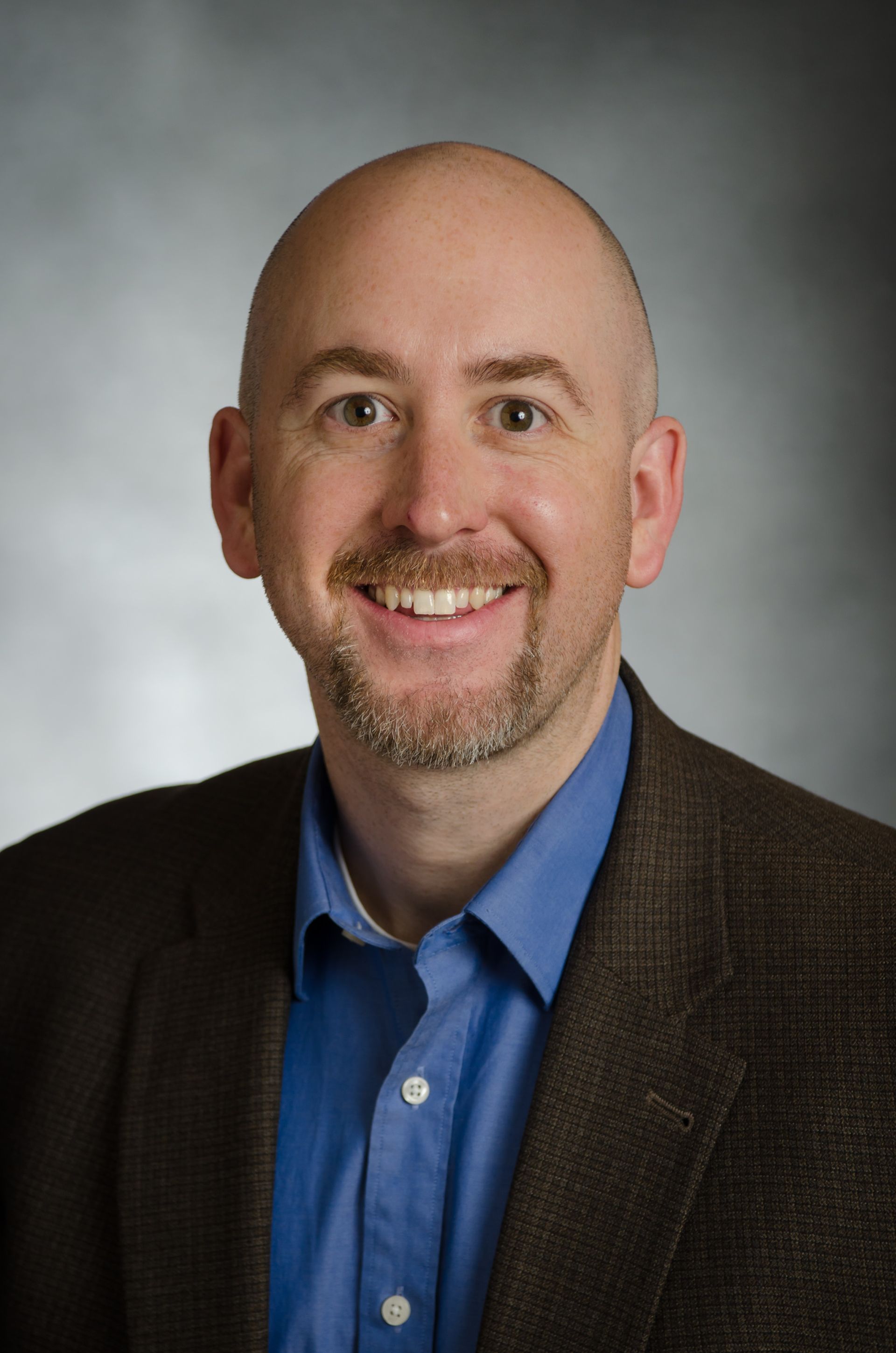
Alex Wood has over 20 years of experience in Information Security is currently the CISO for The Anschutz Corporation. Alex has managed security programs and services at major companies across verticals, including telecommunications, energy, healthcare, entertainment, travel, and financial services. Additionally, Alex has served as a Director on the International Board of the Information System Security Association (ISSA) and is Past-President of the ISSA Denver Chapter. Alex is also Co-host of the Colorado = Security Podcast. Alex received a Bachelor of Arts from Grinnell College and a Masters of Applied Science in Computer Information Systems Security from the University of Denver.
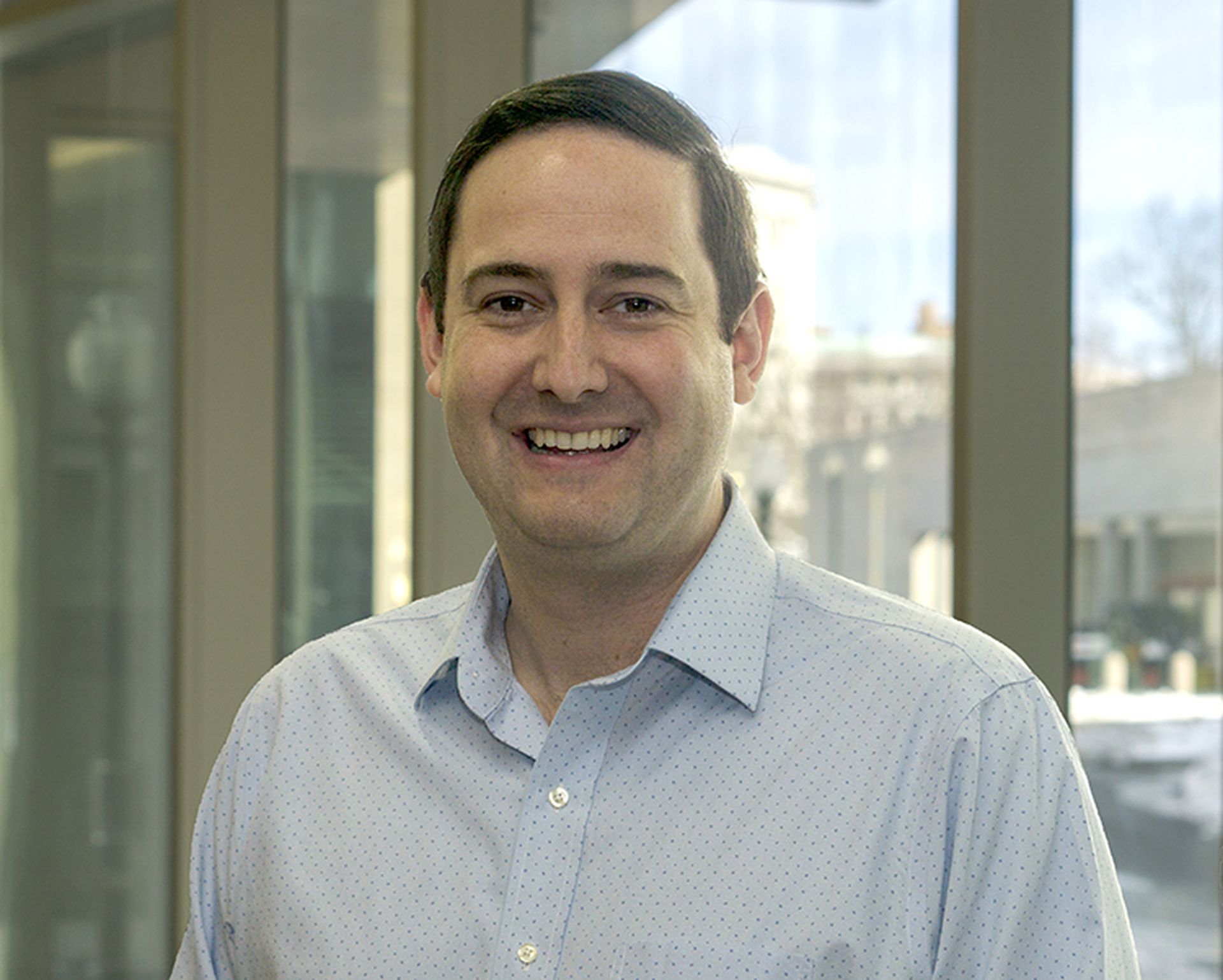
Jon Fredrickson is the Information Security and Privacy Officer for Blue Cross and Blue Shield of Rhode Island. He graduated from the University of Rhode Island with a B.A. in Economics. Prior to joining BCBSRI, Jon was the CISO of Southcoast Health and has had various other IT Security positions in healthcare, services and manufacturing. During the past 15 years of working in the IT security field, Jon has developed a pragmatic approach to implementing cybersecurity solutions and assisting his organizations in properly measuring and managing cyber and privacy risk. Jon is a member of the Association for Executives in Healthcare Information Security, the Healthcare Sector Coordinating Council (HSCC) Cybersecurity Working Group (CWG), and is a Certified Information Security Manager.
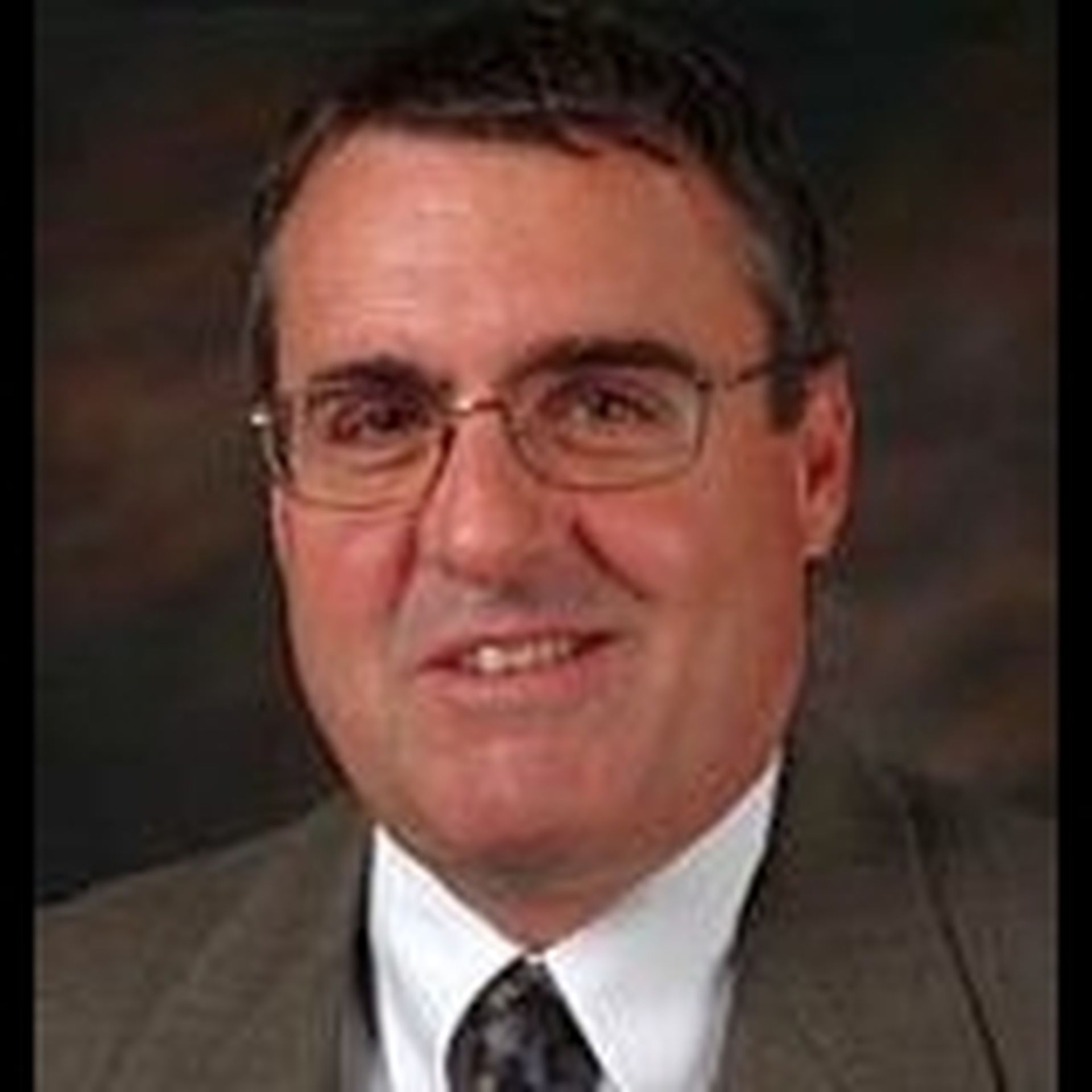
Jim Hietala, is Vice President, Security for The Open Group, where he manages security and risk management programs and standards activities, He has participated in the development of several industry standards including O-ISM3, O-ESA, and the Open FAIR Body of Knowledge. He led the development of the Open FAIR standards and the certification program for risk analysts, and a joint Open Group and SIRA risk management practices survey project. He also led the development of compliance and audit guidance for the Cloud Security Alliance’s v2 publication.
Hosts
3. Security History – Lessons from the past – PSW #632
The history of security can be traced back to a variety of different sources. The amount of articles on the topic is dizzying. Most will cite names of early phone phreaks, Kevin Mitnick, Kevin Poulsen, Steve Jobs, Steve Wozniak and quickly transition to many other more recent "hacks" or breaches. Our goal is to not review the history of hacking. This is the history of security. We've carefully chosen key events and research to discuss the very beginnings of security, and their impact and lessons for today's ever-evolving security landscape.
Guests
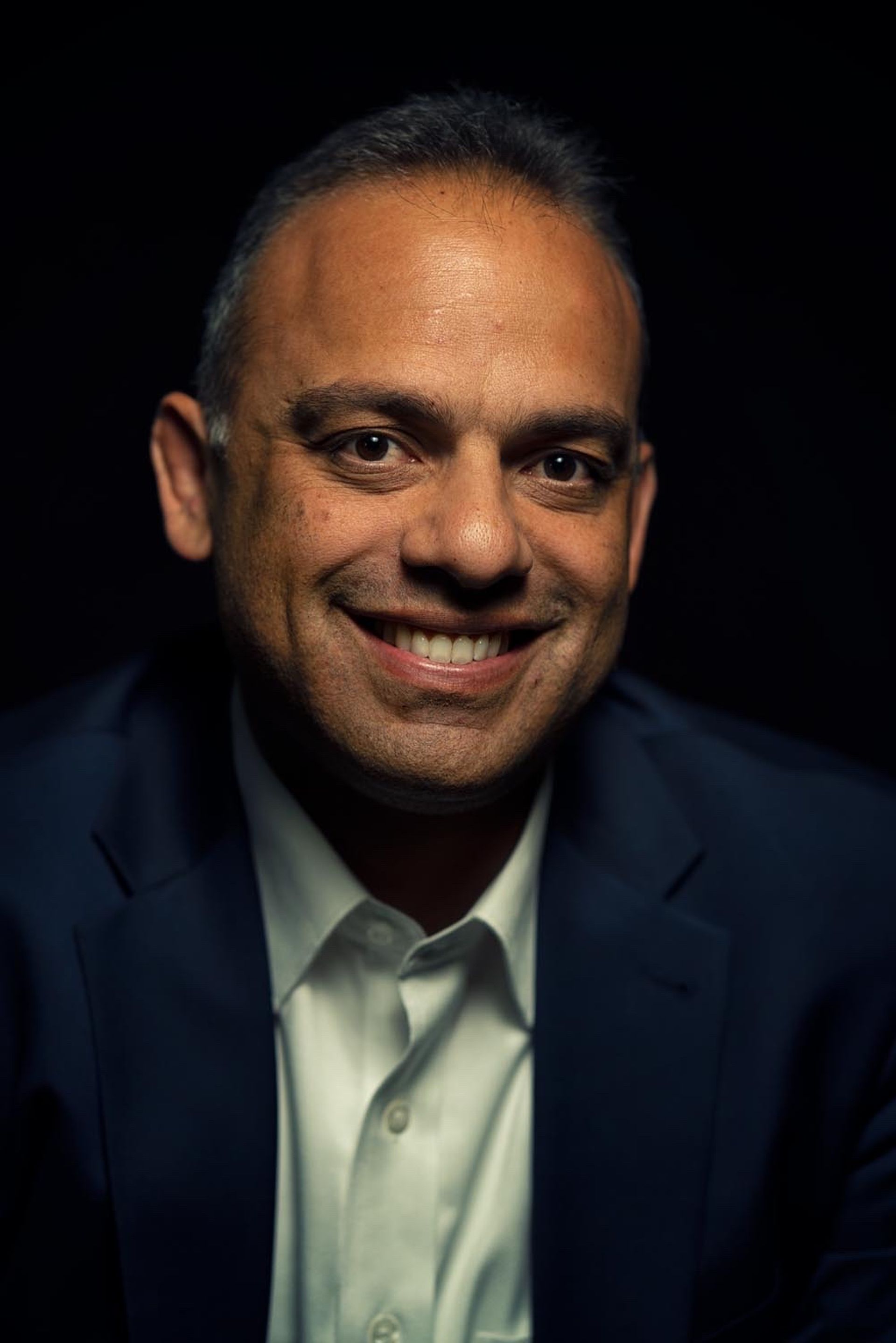
Jeremiah Grossman is a world-renowned expert in information security, a highly acclaimed security researcher, and an industry innovator. Over the last 20 years, Jeremiah pioneered application security as the founder of WhiteHat Security and served as Chief of Security Strategy for SentinelOne, focusing on ransomware and EDR. Today, as CEO of Bit Discovery, he’s taking on arguably the hardest and most important unsolved problem in the entire industry — attack surface management.

Since 2017, GTA has invested in dozens of cyber start-ups and funds and supported multiple cyber nonprofits and projects. Ron has served on the Board of Directors for a number of GTA’s portfolio companies and has been a steadfast mentor and advisor to many founders. Ron has also supported a variety of cyber nonprofits and think tanks, with both his substantive expertise and through philanthropic funding.
From 2002 to 2016, Ron was the co-founder and CEO of Tenable Network Security. Under Ron’s leadership, Tenable grew to 20,000 customers, raised $300m in venture capital, and grew revenues to $100 million annually; this positioned the company for a successful IPO in 2018, where it was valued at $3 billion.
Prior to founding Tenable, Ron was a cyber industry pioneer. Ron developed Dragon, one of the first commercial network intrusion detection systems, and he also ran risk mitigation for one of the first cloud companies. While serving as a US Air Force officer, Ron deployed network honeypots in the mid 90s for the US Defense Department (DOD) and served as a penetration tester at the National Security Agency (NSA), participating in some of the nation’s first cyber exercises.
For these efforts, Ron received in 2020 both the Northern Virginia Technology Council Cyber Investor of the Year award and the Baltimore Business Journal Power 10 CEO award.
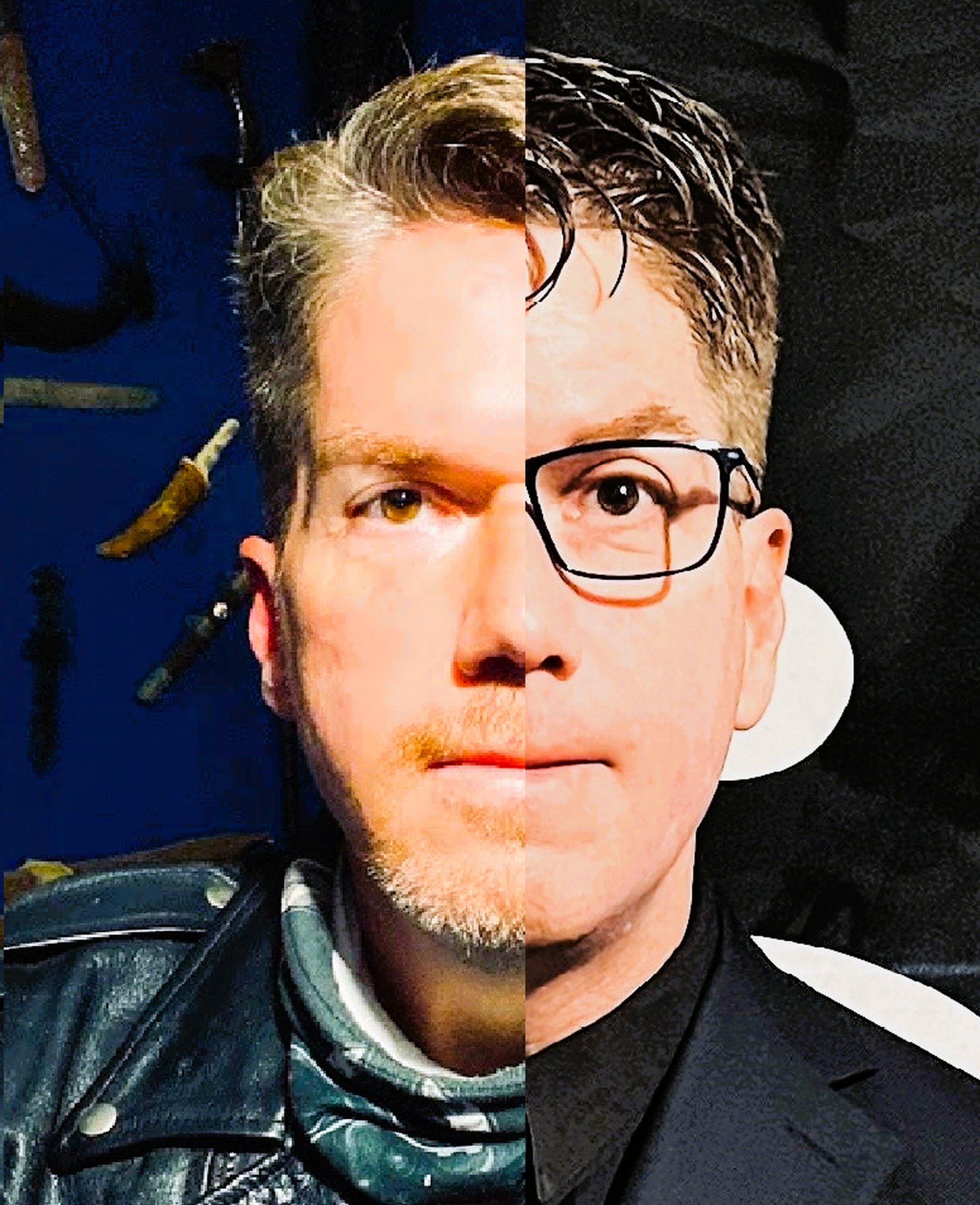
Jayson E. Street referred to in the past as:
A “notorious hacker” by FOX25 Boston, “World Class Hacker” by National Geographic Breakthrough Series and described as a “paunchy hacker” by Rolling Stone Magazine. He however prefers if people refer to him simply as a Hacker, Helper & Human.
He’s a Simulated Adversary for hire. The author of the “Dissecting the hack: Series” (which is currently required reading at 5 colleges in 3 countries that he knows of). Also the DEF CON Groups Global Ambassador. He’s spoken at DEF CON, DEF CON China, GRRCon, DerbyCon at several other ‘CONs & colleges on a variety of Information Security subjects. He was also a guest lecturer for the Beijing Institute of Technology for 10 years.
He loves to explore the world & networks as much as he can. He has successfully robbed banks, hotels, government facilities, Biochemical companies, etc.. on five continents (Only successfully robbing the wrong bank in Lebanon once all others he was supposed to)!
*He is a highly carbonated speaker who has partaken of Pizza from Bulgaria to Brazil & China to The Canary Islands. He does not expect anybody to still be reading this far but if they are please note he was proud to be chosen as one of Time’s persons of the year for 2006.
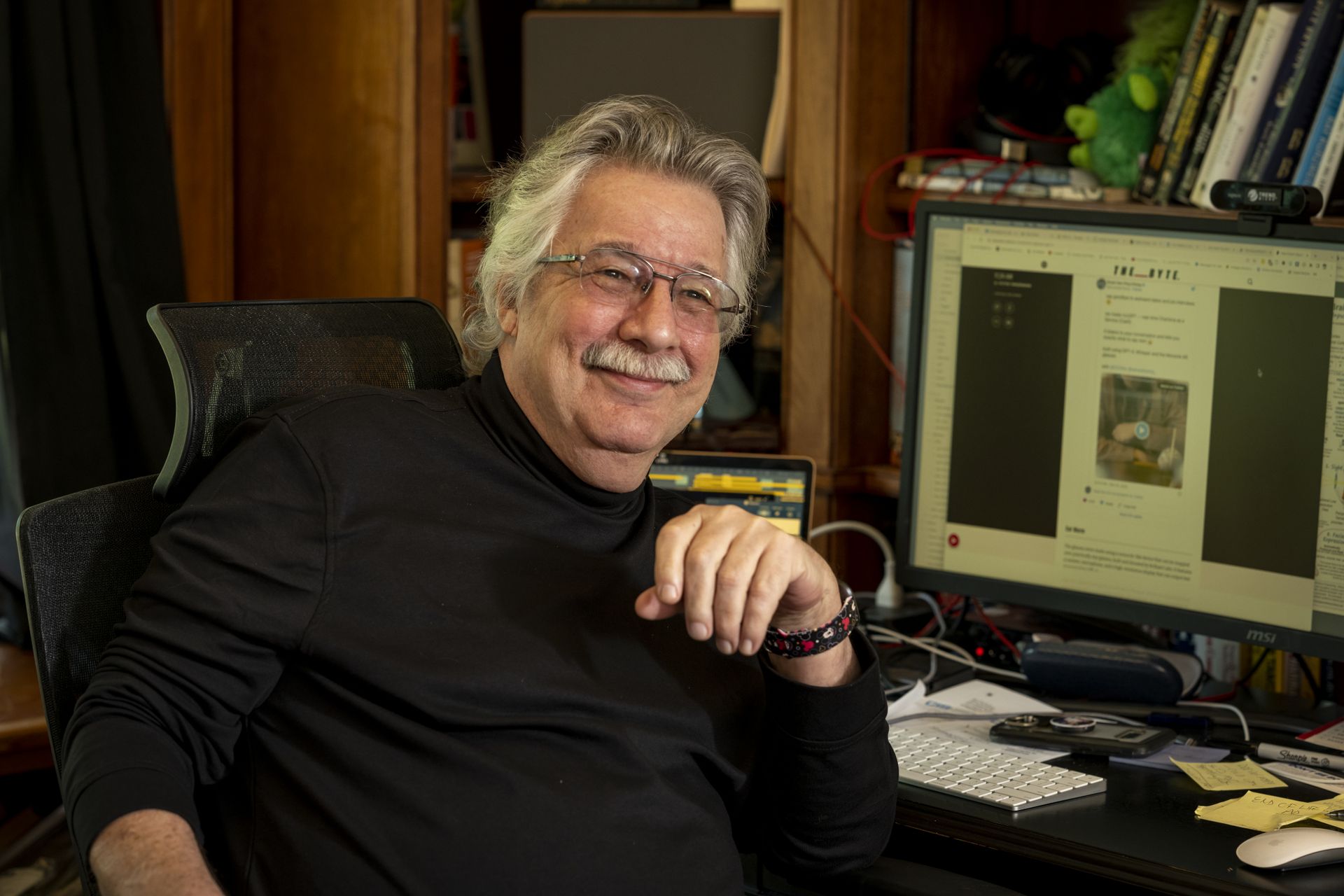
The “Civilian Architect of Information Warfare”
– Commodore Pat Tyrrell OBE Royal Navy, 1996
Winn has lived Cybersecurity since 1983, and now says, “I think, maybe, I’m just starting to understand it.” His predictions about the internet & security have been scarily spot on. He coined the term “Electronic Pearl Harbor” while testifying before Congress in 1991. His seminal book, “Information Warfare” showed the world how and why massive identity theft, cyber-espionage, nation-state hacking, and cyber-terrorism would be an integral part of the future (today’s present).
Currently, he is exploring “Metawar,” a term he coined to describe the art and science of reality distortion, manipulation, and addiction in the metaverse. Just with current and short-term technological capabilities, the security, privacy, ethics, and global policy implications are staggering.
His last book, “Analogue Network Security” is a time-based probabilistic approach to security. By hybridizing analogue and digital techniques, he offers methods to “fix security and the internet”. It will twist your mind. “The Best Cybersecurity Book of All Time,” Cyber Defense Magazine.
• Fellow, Royal Society of the Arts
• Distinguished Fellow: Ponemon Institute
• International Security Hall of Fame: ISSA
• Top-20 industry pioneers: SC Magazine.
• Top 25 Most Influential: Security Magazine
• Top 5 Security Thinkers: SC Magazine.
• Power Thinker and one of the 50 most powerful people: Network World.
• Top Rated (4.85/5) RSA Speaker
• Top Rated Webinar: 4.56 (ISC2)
• .001% Top Influencer RSAC-2019
• Global Power Speaker
Author: “Pearl Harbor Dot Com” (Die Hard IV), 3 volumes of “Information Warfare”, “CyberShock”, “Internet and Computer Ethics for Kids”. (More on his web site.)
Executive Producer: “Hackers Are People Too”
Founder: TheSecurityAwarenessCompany, Security Experts, InfowarCon, Hacker Jeopardy
http://www.WinnSchwartau.com
@WinnSchwartau


